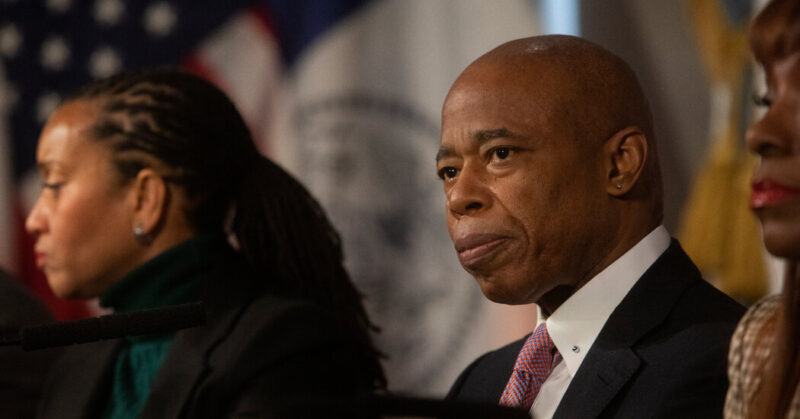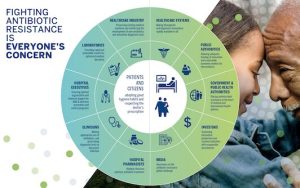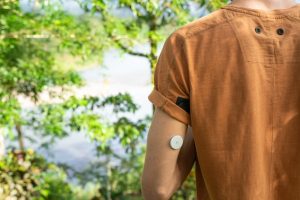NYC Wants to Erase Medical Debt for Half a Million New Yorkers

New York City will buy up millions of dollars of medical debt and erase it in a program that officials hope will ultimately help as many as 500,000 New Yorkers.
Mayor Eric Adams announced Monday that the city would invest $18 million in a partnership with a nonprofit organization that buys up unpaid medical debt from hospitals at steep discounts and then erases it. Hospital systems and commercial debt buyers are often willing to sell medical debt at steep discounts, and the $18 million could wipe out over $2 billion in unpaid medical bills, city officials said.
“Up to half a million New Yorkers will see their medical debt wiped thanks to this life-changing program — the largest municipal initiative of its kind in the country,” Mayor Adams said.
Daniel Lempert, a spokesman for the nonprofit organization RIP Medical Debt, said that the group had begun conversations with New York City hospitals about examining their books to identify patients eligible for debt relief. In deciding which debts to buy, the group looks for patients whose unpaid medical bills are at least 5 percent of their annual household income or patients in households with an income under four times the federal poverty line — which is $31,200 for a family of four.
New Yorkers do not need to apply to be included in the program. RIP Medical Debt said that those chosen to have their debts erased would receive a letter in the mail.
“No one in New York City, or in America, in 2024, should have to choose between getting the health care they need and paying their rent or buying food to feed their families,” the city’s health commissioner, Dr. Ashwin Vasan, said.
About four out of every 10 adults in the United States carry some form of medical debt, according to a 2022 survey.
In New York, some nonprofit hospital systems sue patients over unpaid medical bills. During one five-year period, hospitals across the state filed over 40,000 such lawsuits against patients, according to the Community Service Society, a Manhattan nonprofit.
The state’s largest hospital system, Northwell Health, continued to sue patients over unpaid bills during the first year of the pandemic, sometimes for debts under $1,000. After The New York Times reported on the practice, the hospital said it would rescind all legal claims it filed in 2020.
Just last month, Gov. Kathy Hochul signed legislation that prevents health care professionals and ambulances from reporting someone’s medical debt to credit agencies.
RIP Medical Debt was started about a decade ago by two men with long experience working in the debt collection industry. The idea emerged from the Occupy Wall Street movement, according to the organization’s website. The group says it has so far erased more than $10.4 billion of medical debt owed by more than 7 million people.
The organization has partnered with local governments in the past. A program with Cook County, Ill., for instance, wiped out more than $280 million of debt for more than 158,000 residents.








